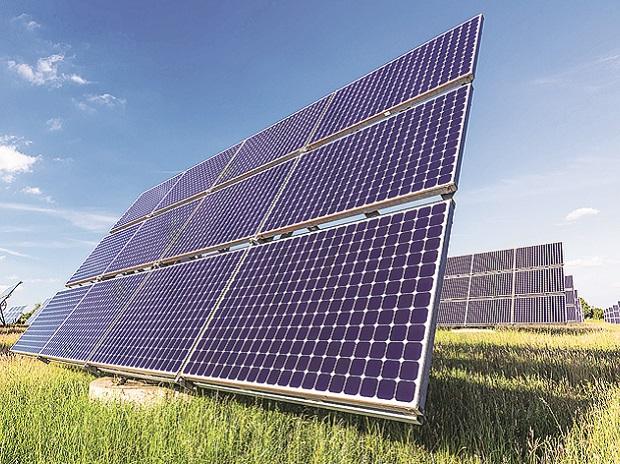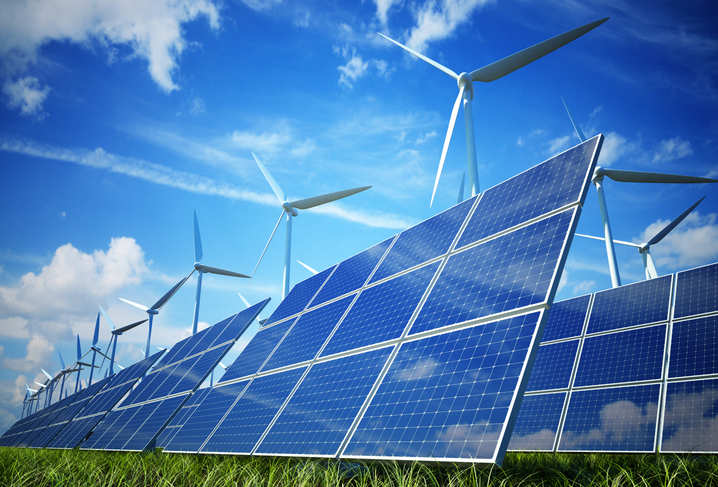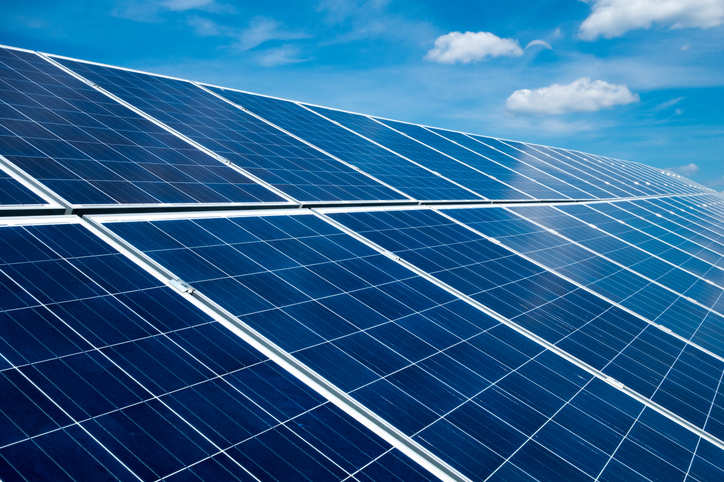
December 13
Dumping duty on solar panels sees hard lobbying
The prices of panels have crashed to 32 cents per kWh from 50 cents per kWh in three years, owing to global over-capacity and almost 'dumping' by China
The Directorate General of Safeguards & Anti-Dumping (DGS&AD) held the first oral hearing on Tuesday to investigate allegations of dumping imported solar cells and modules. While all parties exchanged the data on imports and the harm caused by imports at the meeting, most solar project developers operating in India took a stand against any anti-dumping duty. The domestic solar panel manufacturing industry, in its petition, had submitted that around 80 percent of the market had been cornered by imports. The domestic industry, through the Indian Solar Manufacturers’ Association (ISMA), has taken the position that as imports harm the indigenous sector, a retrospective duty should be imposed on the importers.
This was, however, challenged by some solar power project developers with the argument that silicon wafers required to make solar cells were also being imported, mainly from China, and hence the domestic sector was dependent on imports. “Imports are not to be blamed for the health of certain companies in the industry,” an executive of a US solar company operating in India said during the discussion. A day before the hearing, Kolkata-based Vikram Solar circulated a video message through WhatsApp, urging " that any future duties like safeguard or antidumping duty should be borne by the power project developers." The video message argued that the prices of solar have come down and any escalation should not be borne by the consumer. The prices of panels have crashed to 32 cents per kWh from 50 cents per kWh in three years, owing to global over-capacity and almost ‘dumping’ by China, as alleged by domestic solar panel makers time and again. The tariff for solar power project has fallen to Rs 2.44/unit — an 80 percent fall in six years. In an emailed statement, the ISMA said: “We got an opportunity to present the case and the oral hearing was made out very judiciously and astutely chaired by the Designated Authority following judicial protocol. The representatives of the embassies of the China, Taiwan, Malaysia and other stakeholders also got the opportunity to make their case and the case was registered orally in front of the designated judicial representative.” The ISMA said the affected parties would present their submissions in writing by December 19, and thereafter the petitioners (ISMA) would give a response to these submissions by January 2. The confirmation of the Directorate General of Anti-Dumping and Allied Duties could not be secured.






